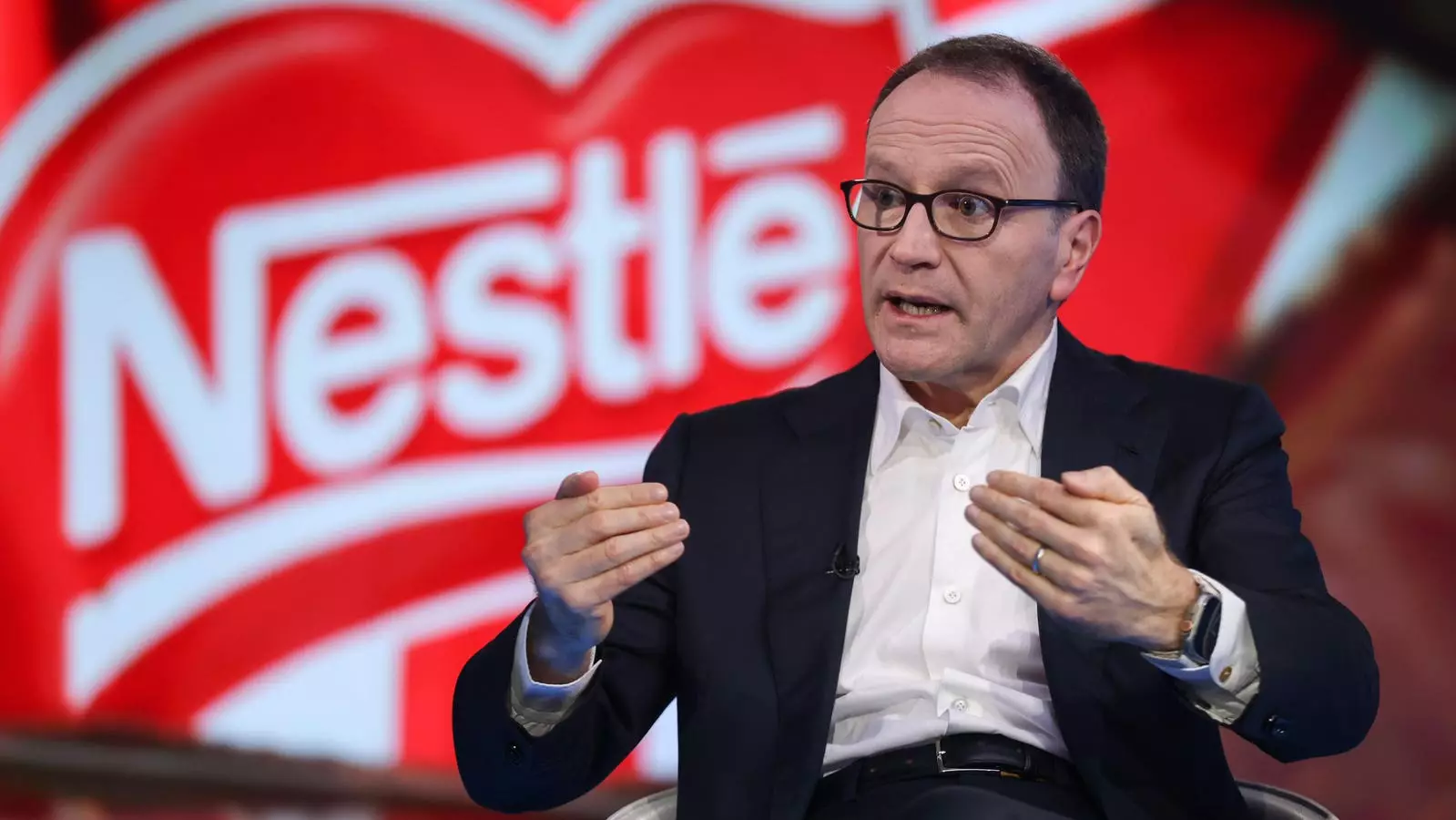Nestlé’s CEO, Mark Schneider, recently discussed the company’s approach to the weight loss drug market, highlighting a shift in nutritional needs among consumers on drugs like Ozempic, Mounjaro, and Wegovy. Initially, there were concerns that the rise of GLP-1 drugs would lead to decreased food consumption, impacting industry profits. However, Schneider sees this as an opportunity, emphasizing the changing nutritional requirements of consumers on these medications. He notes that individuals on weight loss drugs still have dietary needs, albeit different from those not on such regimens.
Schneider recognizes the potential for Nestlé to cater to this evolving market by offering healthier “companion products.” For instance, the upcoming frozen food line, Vital Pursuit, is specifically designed for GLP-1 users, addressing their unique nutritional needs. The company plans to introduce additional products targeting consumers taking obesity drugs in the future, expanding its portfolio to meet the demands of this growing consumer segment. Nestlé’s ambitious goal is to become a key player in this major consumer trend, providing specialized offerings for individuals on weight loss medications.
While focusing on products for GLP-1 drug users, Nestlé acknowledges the diversity of the consumer base and the importance of offering a range of options. Schneider emphasizes that there will still be a significant portion of consumers not on a GLP-1 diet, who may be interested in traditional snack and chocolate products. Therefore, Nestlé aims to strike a balance between catering to specific dietary requirements and providing appealing options for a broader audience. The company’s strategy involves complementing its existing product lines with new offerings tailored to different consumer segments.
The weight loss industry has seen significant disruption with the introduction of GLP-1 agonists, such as semaglutide and tirzepatide, which have revolutionized weight loss treatment. These drugs offer unprecedented weight loss results by targeting appetite and blood sugar regulation, with potential benefits beyond weight management. Research suggests they could aid in addressing various conditions like sleep apnea, addiction, anxiety, Parkinson’s, and kidney disease, in addition to their approved use for diabetes, cardiovascular issues, and obesity. Novo Nordisk and Eli Lilly, as key players in this space, are expected to maintain their dominance despite supply challenges.
As the weight loss industry continues to evolve, Nestlé’s strategic response to the rise of GLP-1 drugs demonstrates its commitment to innovation and adaptation. By recognizing the changing needs of consumers on weight loss medications and developing tailored products to meet those needs, Nestlé is positioning itself for success in a dynamic market. The company’s focus on providing a diverse range of options for different consumer segments underscores its flexibility and foresight in addressing shifting consumer preferences. Overall, Nestlé’s initiatives in response to the growing demand for weight loss products reflect a proactive approach to capturing opportunities in a rapidly changing industry landscape.
As the weight loss market undergoes significant transformations with the emergence of new drugs and shifting consumer preferences, companies like Nestlé are poised to capitalize on these changes by offering innovative solutions that cater to diverse consumer needs. By staying attuned to evolving trends and developing targeted products to address specific customer requirements, Nestlé is set to play a key role in shaping the future of the weight loss industry.


Leave a Reply